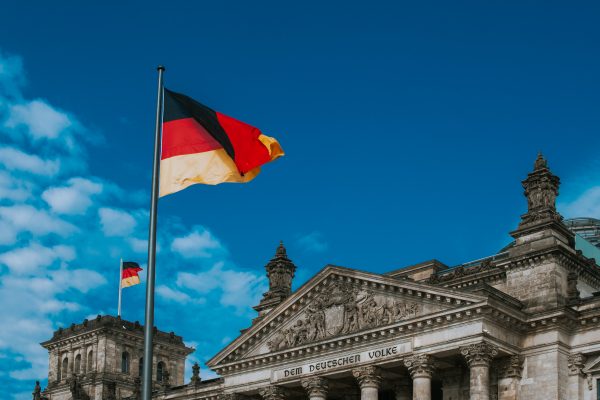This website uses cookies so that we can provide you with the best user experience possible. Cookie information is stored in your browser and performs functions such as recognising you when you return to our website and helping our team to understand which sections of the website you find most interesting and useful.

“Not there yet, but finally at the starting line,” is how German civil society responded to the passage of the German supply chain law last week. Whilst it represents a long-overdue legislative beginning, there remains a lot of room for improvement, expected to come at EU level.
This document from the Initiative Lieferkettengesetz, a coalition of 128 human rights, development and environmental organizations, as well as trade unions and church actors, outlines exactly what’s in the law – and what’s missing.
What’s missing in the German law must now be added at EU level.
For its part, the European Parliament has already secured an official position (with strong cross-party support) that is generally more progressive than the German law. The European Commission has likewise publicly expressed a stronger ambition.
Adding the missing elements of Germany’s supply chain law through the EU process will mean going ‘back to the future’, as various missing elements, such as civil liability, were already in an initial draft of the German law, which was leaked in early 2020.
The original, more progressive version of the German supply chain law was drafted by ministers from two of the German government’s three coalition parties: Social Democrat Minister for Labour and Social Affairs, Hubertus Heil; and Christian Social Union Minister for Development, Gert Müller. The two ministers worked across party lines to bring forth a progressive proposal, only to have it considerably weakened by the Christian Democratic Union’s Minister for Economics, Peter Altmaier.
Now, as part of their election campaigning for the German Federal election in September 2021, various German political parties have publicly committed to strengthening the German law at EU level.
Download the Initiative Lieferkettengesetz document:
Download the FAQ document by the German Federal Development Agency:












